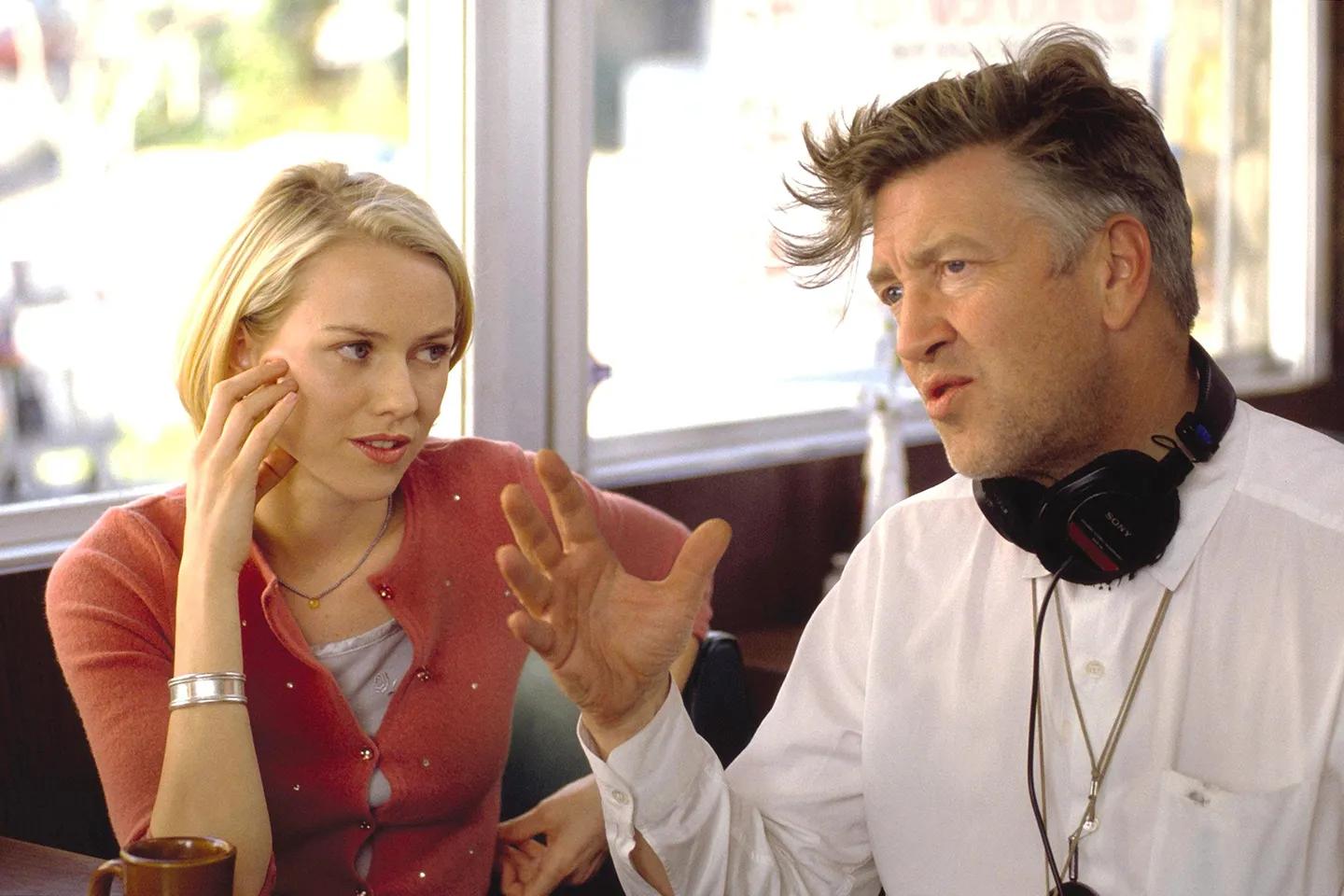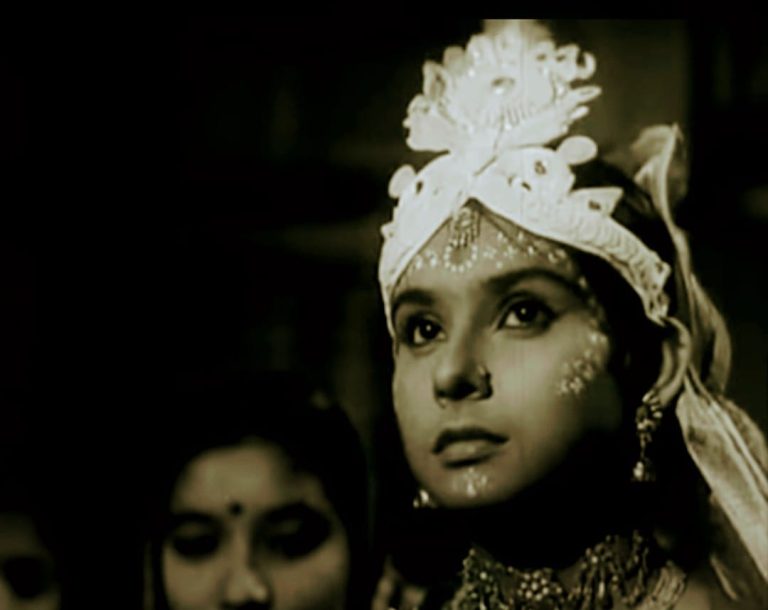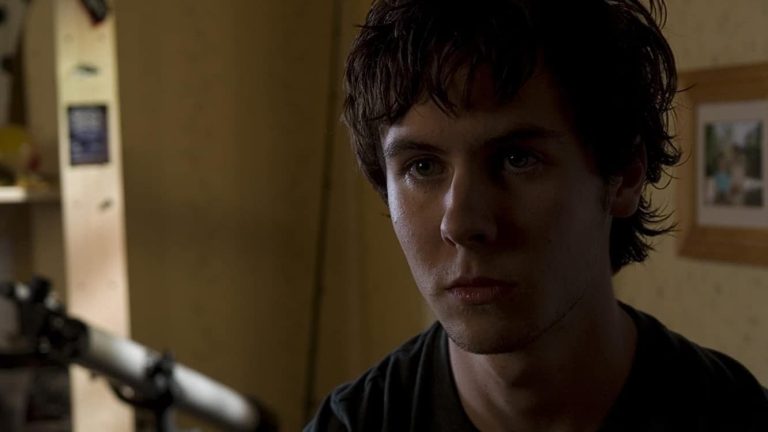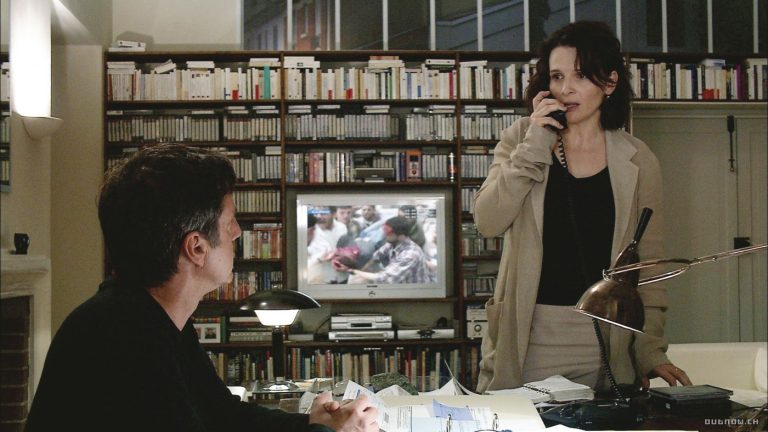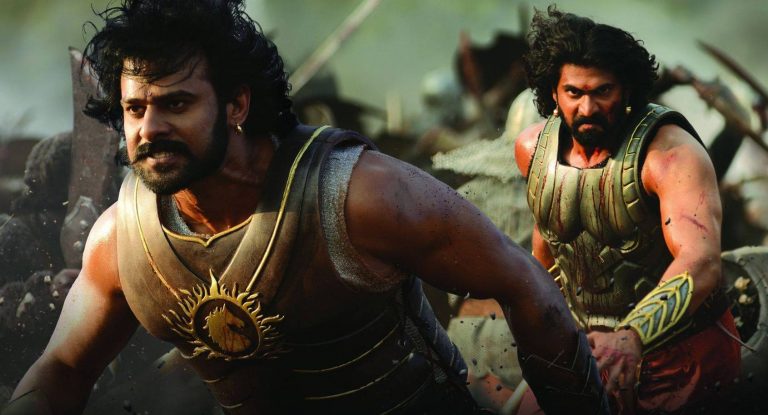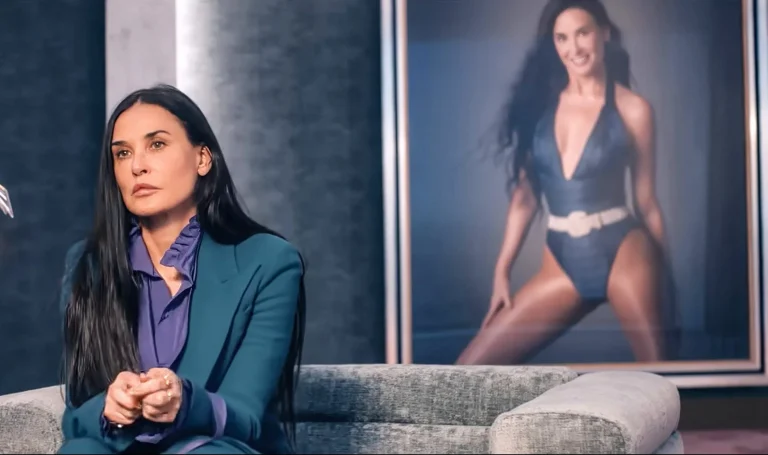Ask any cinephile what their favorite David Lynch moment is, and odds are they’ll have at least one—if not a revolving door of competing answers. His daily weather reports; his famed “get real!” comment on cell phone film-viewing; or his 10-city tour in early 2007 with a live cow in promotion of “Inland Empire.” I myself am quite fond of his enthusiastic one-word response to a public question regarding his favorite Werner Herzog film—“STROSZEK! Hmhmhmhmhm!” Whatever your preferred Lynch moment happens to be, odds are, it may very well not even be a moment from one of his films.
By no means a slight against the enduring surrealist, the fact that Lynch’s legacy is in large part defined in the modern day (thanks to the wonders of the internet and meme culture) by his eccentricities outside the art he crafted is a testimony to just how alluring this man truly was (and remains). We didn’t necessarily understand his films, nor did he really want us to—”Elaborate on that.” “No.”—but the cult of personality sculpted around an artist who made films as fundamentally impenetrable as “Mulholland Dr.” and “Eraserhead” is an enduring testament to the film world’s ceaseless desire to embrace that which we didn’t, and potentially never could, understand.
That’s a true rarity in an increasingly risk-averse artistic space—and a likely reason why Lynch’s later years tragically found him unable to get any post-“Twin Peaks: The Return” projects off the ground—but then again, Lynch was nothing if not a true rarity himself. Right out of the gate, the Montana native would announce himself as an uncompromisingly internalized madman with a penchant for the horrors that lie within. “Eraserhead” came at a time when many eventual mainstays in American cinema were beginning to make names for themselves, but none were doing so quite as audaciously in their capacity for alienation as Lynch.
“Eraserhead” was nothing if not polarizing, but from the start, Lynch’s irreverent humor and tangible sense of fractured characterization gave the impression that this director would be anything but an attention-seeking sadist. Though the term “Lynchian” would become something of a shorthand for the impregnable inner horrors crouched in the darkest corners of one’s soul, there remained a tenderness to Lynch’s debut, a lingering sense that something in this otherworldly exploration of parenthood spoke to the young 30-year-old in ways that only he could articulate, even if he would forever refuse to do so upon request.
The beating heart beneath Lynch’s favored horrors would thump even louder in his sophomore feature, “The Elephant Man,” finding in the potential ogling spectacle of Joseph Merrick’s affliction a chance for naked empathy that other filmmakers might have turned into unwarranted melodrama. Further films would showcase this subtler side of Lynch’s tender gaze; late in his career, at the turn of a millennium whose internet proficiency would bring new light to the eccentric personality beneath those waving silver locks, another true story of human endurance would bring even greater dimension to Lynch’s legacy.
“The Straight Story” was, like the real-life journey upon which it was based, unadorned in its miles-long trek between Iowa and Wisconsin. With this film, Lynch proved that, right in the midst of the surrealist horror streak that would define his namesake adjective for all time, there remained a humanistic motivation to these enigmatic explorations of the dreamlike abyss. In a way, “The Straight Story” is just as much an elliptical dream as any one of Lynch’s other films, insofar as the film, like its maker, captures something unspoken yet wholly defining of the human spirit; even in its more mundane shades, there are pockets of darkness that deserve the light of the campfire.
Somewhere between the blatant humanism of his true story adaptations and the more originally horrifying compositions of his own mind, “Wild at Heart” appears as a strange blip in Lynch’s oeuvre. If a Lynch film could ever come close to comparison with the works of another artist, then this would probably be the most Coen-esque that Lynch would ever get. All the same, the controversial Palme d’Or winner, appearing somewhere at the midpoint of his career, would remain an electric shock to the arthouse scene, and a lovingly abnormal piece of the artist’s soul; much like Nicolas Cage’s snakeskin jacket, no greater symbol exists of Lynch’s individuality and his belief in personal freedom.
Of course, if this moment in Lynch’s career would come to be defined by anything, it would be the most enduring, seismic representation of his unique tonal sensibilities and capacity for storytelling equal parts horrific and longing. “Twin Peaks,” first airing the same year that Lynch would clinch world cinema’s most prestigious honor, came to reshape the television landscape as a singular piece of long-form narrative storytelling that, like his films, was just as alluring as it was unwilling to give easy explanations.
For a television format that requires weekly audience engagement in order to survive, this was a massive gamble for Lynch and his team (and one that would certainly hinder the show’s second season, as Lynch himself would attest), but as always, it was precisely the impenetrability of the “Twin Peaks” vision that kept audiences coming back for more, right through to its utterly terrifying prequel film “Fire Walk With Me” and Lynch’s eventual follow-up series “The Return,” which would cement his exceptional legacy for all time.
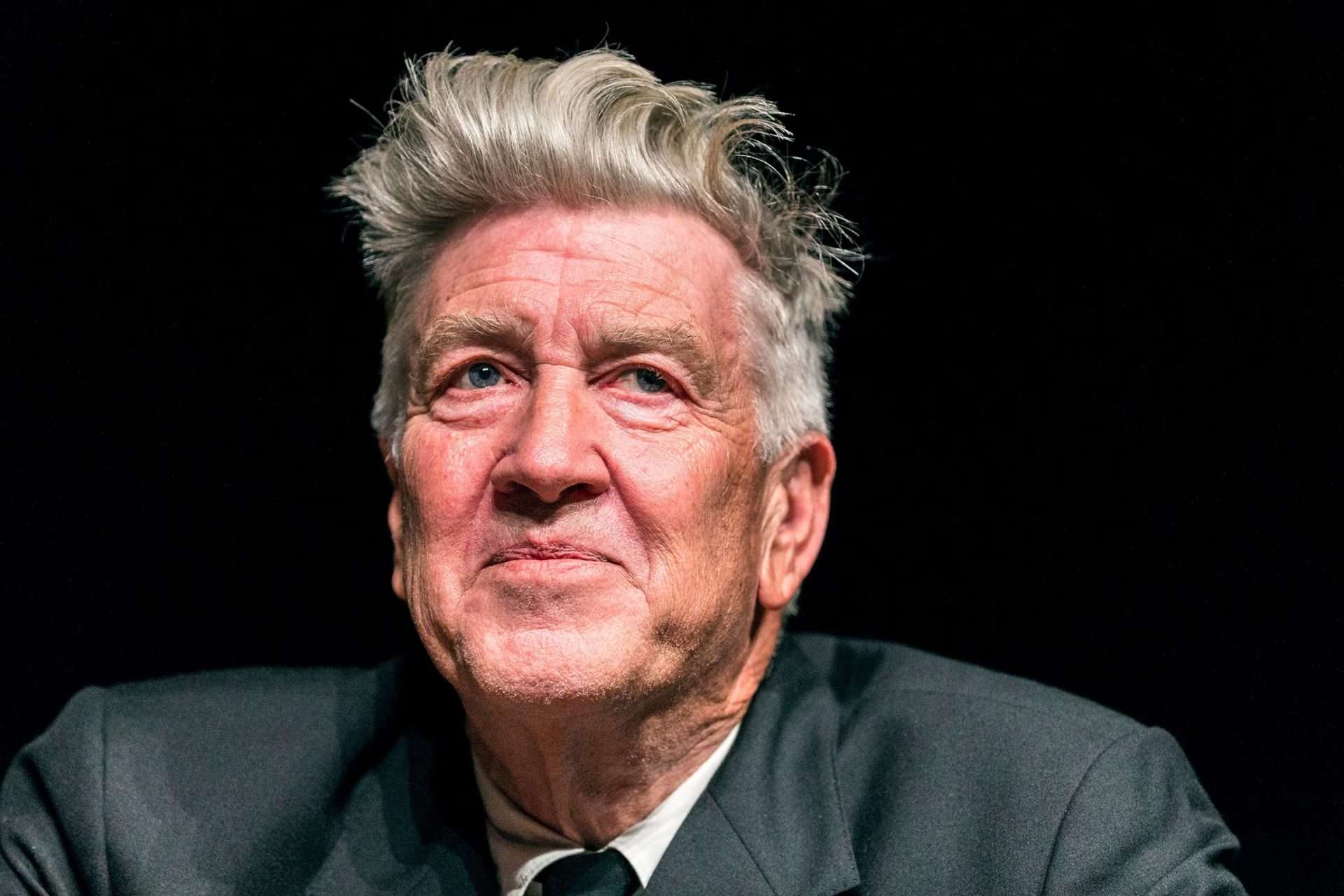
Within the “Twin Peaks” universe lies not only the horrors of the Red Room, but also the crisp atmosphere of a quaint little town lying officially somewhere in the Pacific Northwest, but practically existing only in the imagination of a mercurial genius breathing life into every cup of coffee and slice of cherry pie. Lynch’s legacy would, in that sense, be defined not only by the enduringly somnambulistic absurdities of films like “Blue Velvet” and “Lost Highway,” but also by a genuine capacity for joy and care to be found in the smallest pleasures of life.
In the midst of the COVID-19 pandemic, when spirits were at unfathomable lows the world over, a grizzled David Lynch in his mid-70s would begin to turn on his camcorder early each morning and resurrect a series of then-defunct web series originally from the 2000s. At a moment in which uncertainty about the future kept us all in a chokehold, Lynch’s daily Los Angeles weather reports and numbers of the day were a constant presence that gave some of us structure and serenity in the knowledge that a familiar face was there to give us daily comfort.
It didn’t matter that the vast majority of us would remain entirely unaffected by whatever the weather happened to be in LA that day; for us, the proposal of blue skies and golden sunshine all along the way was enough to keep us searching for those rays of light in the cloudiest winter months.
The visions David Lynch brought us over the past half-century show that he may very well have imagined exactly the sort of parallel plane of existence that he might have traveled to now that he is no longer with us. But wherever that may be, we can be sure that no horrors will be there to greet him—or at least, none that he couldn’t gleefully handle with a smile on his face and a cigarette between his fingers.

